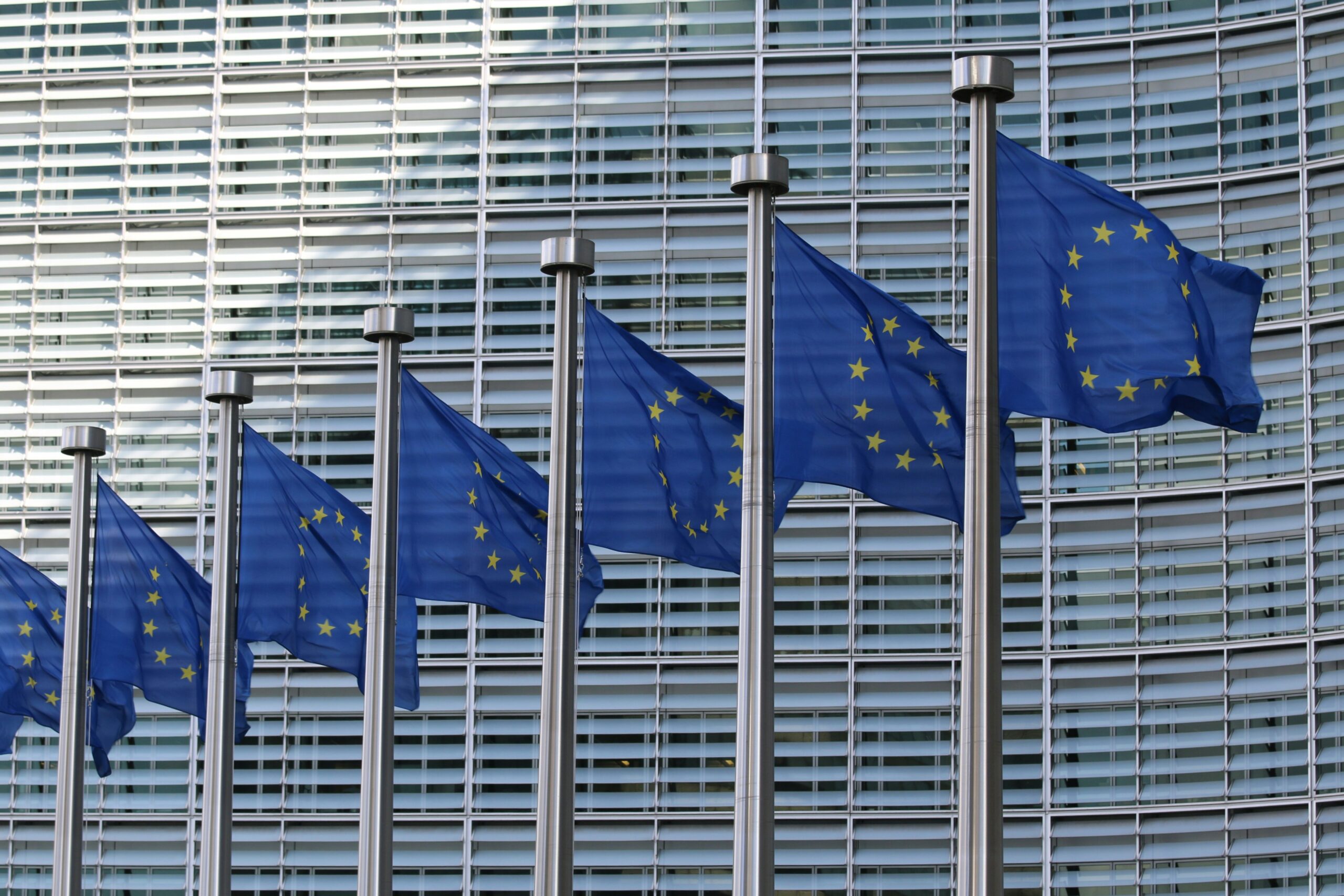In the complicated matrix of the international relations, the European Union’s Common Security and Defence Policy (CSDP) missions and operations stand out as a distinctive thread, weaving through the complex architecture of global security and diplomacy. Established with the aim of enhancing the EU’s ability to prevent and manage crises, the CSDP has emerged into a core element of the Union’s foreign and security policy. However, as these missions stretch across continents and cultures, they raise an important question: are they building bridges of cooperation and understanding or walls of division and distrust?
The Foundations of CSDP Missions
The CSDP, born out of the desire for a unified European approach to defence and security, represents a collective effort to address crises that pose a threat to international peace and stability. These missions range from military operations to civilian initiatives, targeting areas such as conflict prevention, stabilization and strengthening international security. The diversity of CSDP operations reflects the EU’s comprehensive approach to crisis management, emphasizing not only military interventions, but also civilian efforts in reforming security sectors, rule of law and democratic governance.
Building Bridges of Cooperation
One of the most notable impacts of CSDP missions on international relations is their role in fostering collaboration among EU member states and between the EU and other global actors. These missions provide a platform for unified action, allowing Member States to pool resources and expertise in pursuit of common objectives. This collaborative approach has not only strengthened the bonds between EU countries, but has also enhanced the Union’s ability to work alongside NATO, the United Nations, and other international organizations, thereby contributing to a more cohesive and effective global security architecture.
Furthermore, CSDP operations often serve as a conduit for dialogue and partnership with non-EU countries involved in or affected by the crises. Through capacity-building, training and advisory roles, the EU seeks to empower local authorities and institutions, fostering a sense of ownership and partnership. These efforts can lead to stronger diplomatic ties and a greater mutual understanding, laying the groundwork for long-term peace and stability.
Erecting Walls of Division
Despite these positive outcomes, CSDP missions have also faced criticism and challenges that hint at the construction of metaphorical walls. In some instances, the presence of EU forces in sensitive regions has been perceived as an external imposition, sparking local resistance and doubt towards EU intentions. The delicate balance between intervention for peacekeeping and the respect for sovereignty is a narrow path the EU must carefully walk to avoid fostering resentment or exacerbating tensions.
Moreover, the varied interests and strategic priorities of EU member states can lead to a fragmented approach to CSDP missions, undermining the perception of the EU as a unified actor on the international stage. This lack of coherence can dilute the effectiveness of missions and weaken the EU’s position in global diplomacy, potentially leading to divisions both within the Union and with external partners.
The Path Forward
The impact of CSDP missions on international relations is a complex blend of cooperation and contention. As the EU continues to expand its role in global security, the success of these missions will increasingly depend on the Union’s ability to present a united front, respect local contexts and sovereignty, and promote genuine partnerships. By prioritizing dialogue, transparency and inclusivity, the EU can ensure that its CSDP operations are more bridge than barrier, contributing to a more stable, peaceful and cooperative international order. As a conclusion, the CSDP missions encompass the EU’s ambitions and challenges on the global stage. As the world struggles with evolving security threats and geopolitical shifts, the effectiveness and perception of these missions will be critical. By carefully balancing its strategic objectives with the principles of cooperation and respect for sovereignty, the EU has the potential to significantly influence the course of international relations, steering it towards greater unity and peace.


